Dhaka, Feb 08 (V7N) – The interim government of Bangladesh has officially released the full reports from the six reform commissions established to address key sectors of the state. The reports were made available in separate files on the Cabinet Division's official website on Saturday afternoon (February 8).
Professor Asif Nazrul, the legal advisor to the interim government, confirmed the publication through a statement on his Facebook page, urging citizens to access the details directly from the government website.
Background of the Reform Commissions
The reform commissions were formed shortly after the interim government, led by Chief Advisor Dr. Muhammad Yunus, assumed office on August 8 last year. The six commissions focused on reforms in the Constitution, Election Commission, Police, Anti-Corruption Commission (ACC), Public Administration, and the Judiciary.
Each commission was tasked with submitting its report within 90 days, by December 30. However, the process extended slightly beyond the original deadline:
- January 15: Reports from the Constitution, Election Commission, Police Reform, and ACC were submitted.
- February 5: Reports from the Public Administration and Judiciary Reform Commissions were submitted.
Key Figures Leading the Commissions
- Badiul Alam Majumder, Editor of Sujan (Citizens for Good Governance), headed the Election Reform Commission.
- Safar Raj Hossain, former Public Administration and Home Secretary, led the Police Reform Commission.
- Justice Shah Abu Naeem Mominur Rahman, former justice, chaired the Judicial Reform Commission.
- Dr. Iftekharuzzaman, Executive Director of Transparency International Bangladesh (TIB), led the ACC Reform Commission.
- Abdul Mueed Chowdhury, former caretaker government advisor, oversaw the Public Administration Reform Commission.
- Dr. Ali Riaz, Professor of Government and Politics at Illinois State University, USA, chaired the Constitutional Reform Commission.
Next Steps in the Reform Process
On February 4, Chief Advisor Dr. Muhammad Yunus met with the heads of all six reform commissions as part of his role as head of the National Consensus Commission. The meeting was held at the Foreign Service Academy in Dhaka, where he reviewed the submitted reports and discussed their implications.
According to Professor Asif Nazrul, the reform commissions provided both immediate action recommendations and medium-to-long-term reform strategies. These recommendations will be shared with political parties and groups that supported the July mass uprising. The first formal meeting of the National Consensus Commission with these political entities is scheduled for mid-February, with the exact date to be determined after consultations.
The press wing of the Chief Advisor confirmed that the full reports will be forwarded to political parties and pro-people forces by Saturday, initiating a comprehensive dialogue on implementing the reforms.
Towards a National Reform Agenda
Following consultations with political parties, the government aims to finalize the reform blueprint. This process will culminate in a 3 to 7-day consultation meeting involving students, civil society representatives, political party leaders, and government officials. The outcome of these discussions will shape the final reform agenda, which is expected to address long-standing issues in governance, law enforcement, judicial independence, and anti-corruption measures.
The interim government’s decision to release these reports marks a significant step in promoting transparency and national consensus on critical reforms. As the political landscape prepares for discussions, the focus will be on whether these reforms can garner widespread support and lead to lasting institutional changes.
END/MSS/AJ




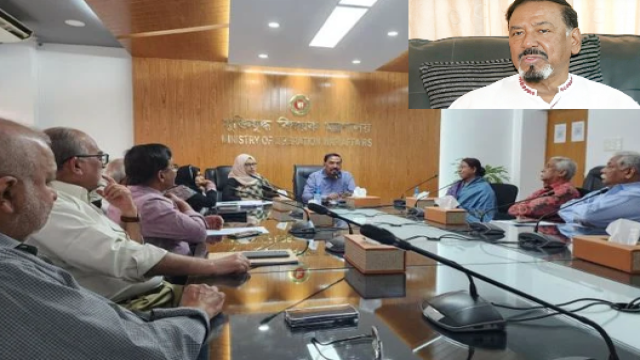
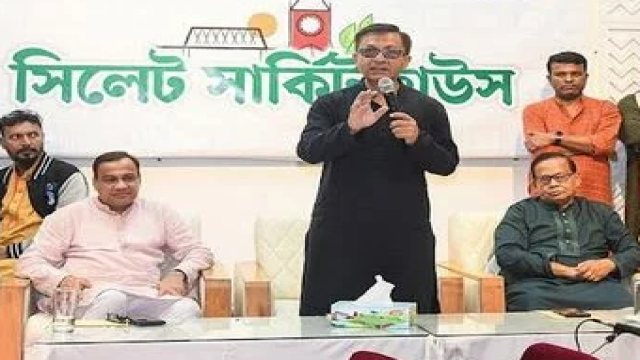
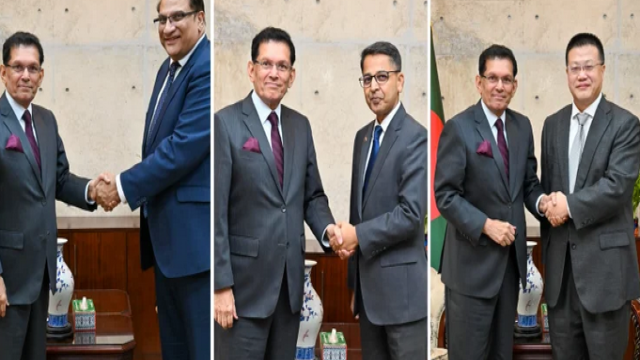
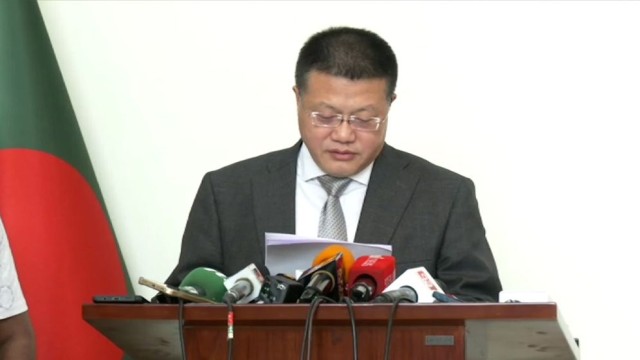

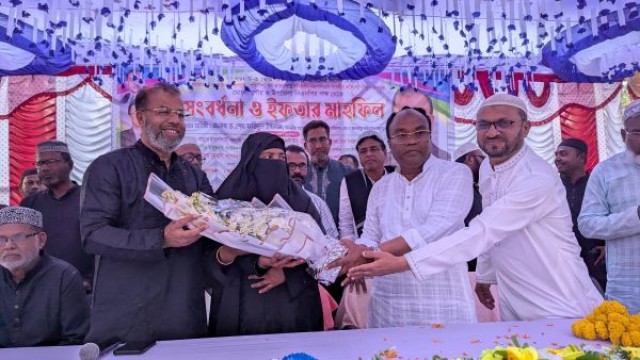

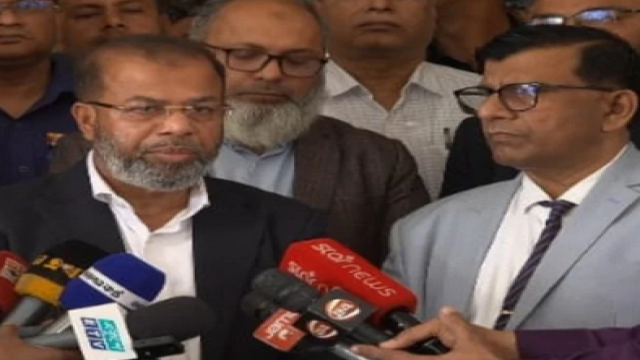

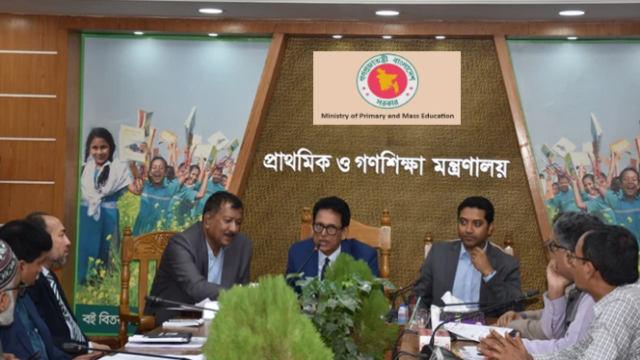









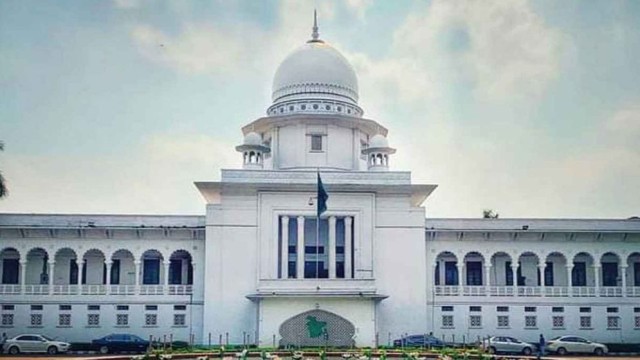

Comment: